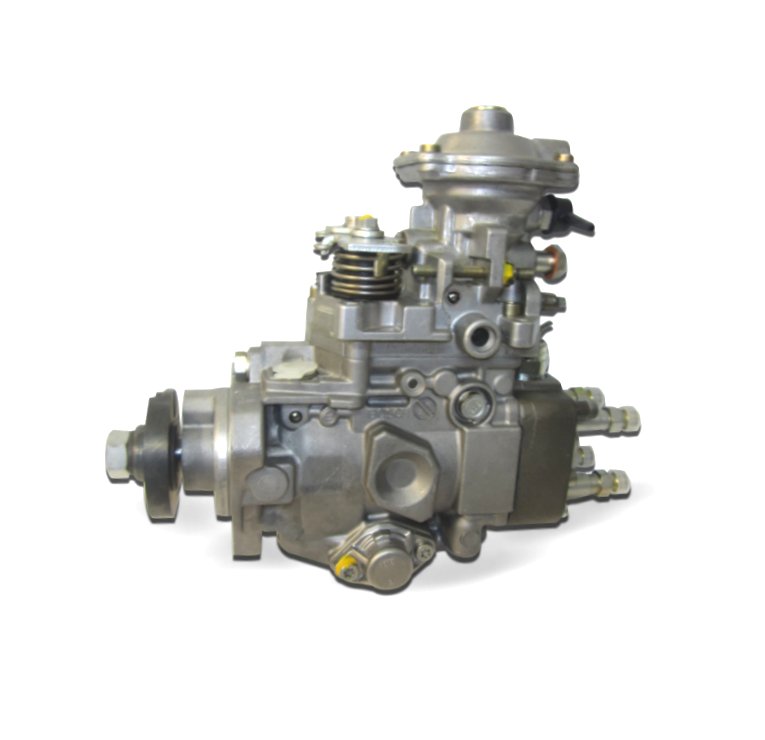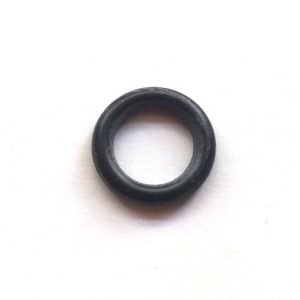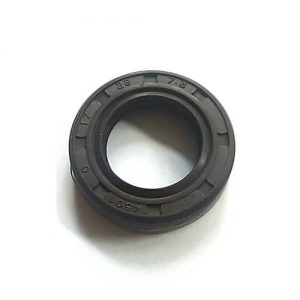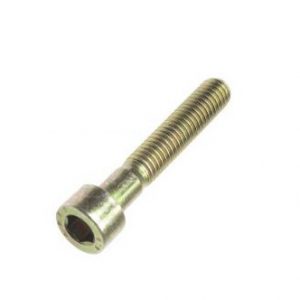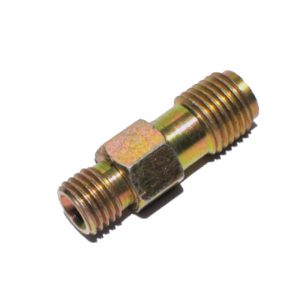Description
Hydraulic head seal in Viton suitable for use with vegetable oils, biodiesel and higher temperatures
Equivalent to: 146600-0000, 949140-2980
Viton and Nitrile seals have several very crucial differences that make them especially well suited to certain applications. While both Viton and Nitrile seals both serve as great sealing options at moderate temperatures, Viton is far superior to Nitrile for high temperature applications. Viton seals provide an indefinite seal for temperatures up to 200°C, and for temperatures up to 300°C they offer an excellent seal for more than 48 hours. Nitrile on the other hand is only effective up to 120°C. However, Nitrile seals provide a low temperature sealing option with effective sealing down to temperatures of –30°C, while temperatures below -15°C render Viton seals ineffective as they become quite hard and inflexible.
Along with temperature, other environmental conditions differentiate these two seals. An exceptionally broad range of chemical resistances make Viton seals a perfect option for most applications involving oils, fuels, and mineral acids, and these seals also boast excellent resistances to oxidation, ozone, UV exposure, weather, fungus, and mold. While also boasting some chemical resistances, Nitrile is much less universally resistant than its Viton counterpart suffering degradation from weather and ozone exposure. For most circumstances, however, this is not an issue, and Nitrile seals also offer the benefit of superior abrasion and tear resistance making them more suitable for more heavy duty industrial applications.


